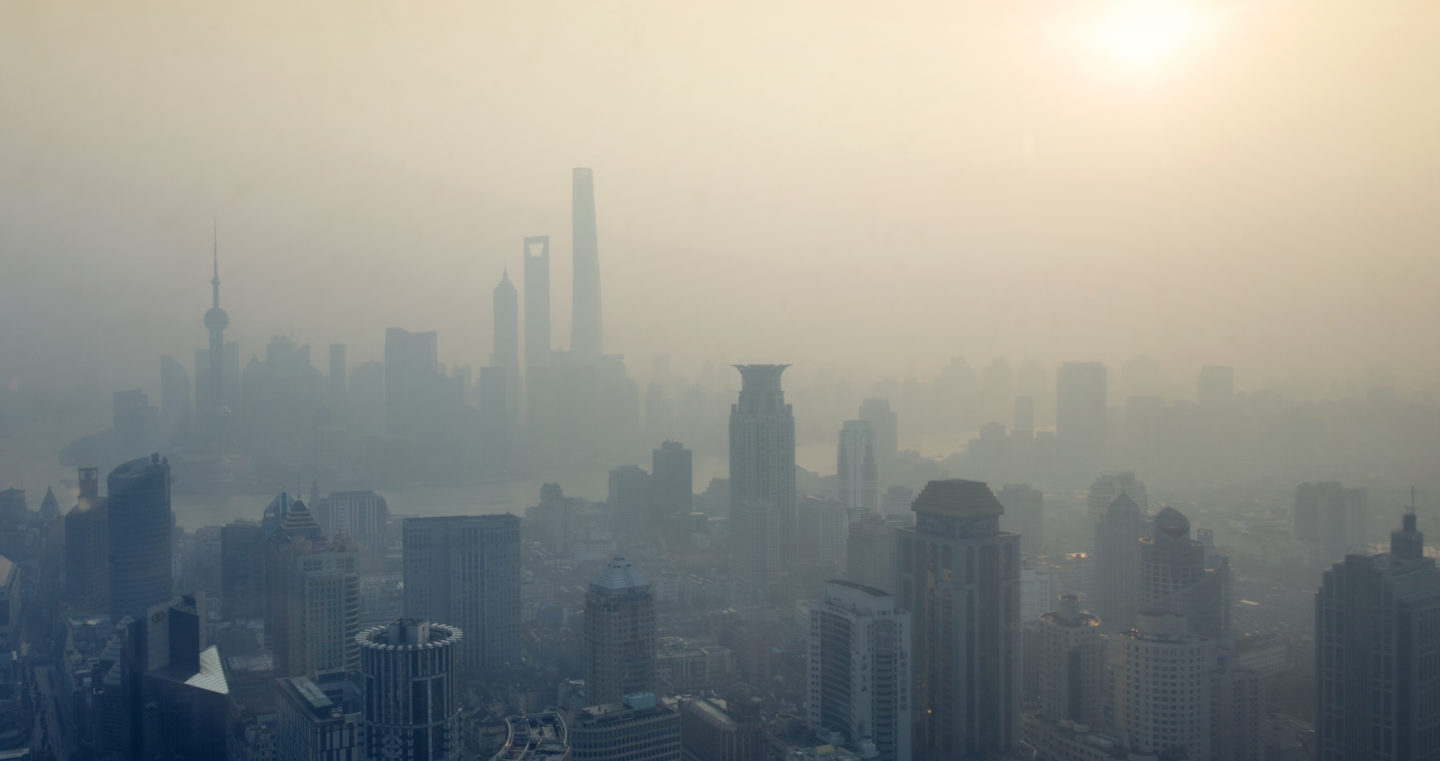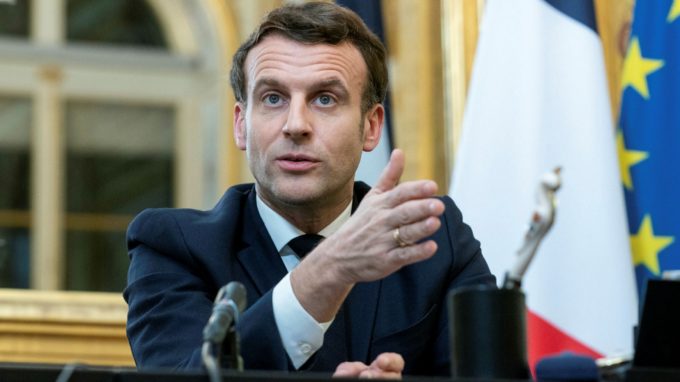Scenario 2: Bigger government
Institutions that face distressed constituencies will have a stronger motivation to carry out reforms even if COVID-19 is perceived as a one-of-a-kind crisis.
Such a scenario would give license to governing bodies to expand their sphere of influence, beyond healthcare reform or the development of local supply chains. Governments will have an ideal opportunity to become bigger and take on interventionist roles in the governance of companies and citizens’ lives.
Emmanuel Macron, the French President, illustrated this type of thinking in a national address last year. “What this pandemic reveals is that there are goods and services that must be placed outside the laws of the market. Delegating our food, our protection, our ability to take care of our living environment to others is madness. We must regain control of it. The coming weeks and months will require breakthrough decisions in this direction. I will make them,” he said.
In a bigger government scenario, social and environmental issues will gain greater prominence, as they will be regarded as part of the policy package that citizens want. However, the response is likely to be slow, as short-term budget allocations are unlikely to prioritize long-term environmental considerations.
This scenario was seen as likely by 15% of respondents to our poll, a surprisingly low percentage. It may reflect skepticism that institutions could reverse the decades-long trend towards less government influence.
Scenario 3: A shift in mindset
If citizens conclude that COVID-19 is not an isolated war but one of many battles that need to be fought and won, and they have a positive view of the performance of governments during the crisis, then the collective mindset may change dramatically.
This is the best scenario for sustainability. Citizens and NGOs become the force for change. Collectively, they will question our current development model and demand a change of course. If there are enough of them and if they are active enough, both firms and government bodies will have no choice but to listen to them, and to make the necessary reforms.
Jean Tirole, winner of the Nobel Prize for Economics, seems to favor this scenario. In an editorial blog for the Toulouse School of Economics, Tirole wrote: “Social science research shows that war reduces individualistic tendencies and increases empathy. Individuals behave in a more co-operative and altruistic manner; they are more inclined to join social groups. A health war against the coronavirus has the advantage that the group extends beyond its fellow citizens to all of humanity and that there is no ‘out-group’ other than the virus.”
This was the poll participants’ scenario of choice, with 47% seeing this as the most credible.
Scenario 4: Authoritarian changes
What will happen if citizens realize that the current crisis represents the beginning of a new era (“one of many”) for which current institutions have demonstrated that they are ill-prepared? This is the scenario in which the magnitude of change could be greatest, as frustrations and burning platforms are more conducive to change than satisfaction with the status quo.
In this scenario, extensive changes would be needed, so citizens may be ready to make trade-offs between restrictions on their freedoms and gains in health and safety. But such trade-offs could raise serious concerns about personal privacy because many governments could see them as an opportunity to take authoritarian measures.
Such concerns were expressed by the historian Yuval Noah Harari on the subject of governments monitoring citizens’ finger temperature and blood pressure data through their smartphones. “It signifies a dramatic transition from ‘over the skin’ to ‘under the skin’ surveillance,” he wrote in an article in the Financial Times.
This scenario was seen as most credible by 28% of those surveyed. As scary as it is, it might have positive consequences in terms of sustainability if – and only if – governments decide that this is the way to go. We have seen the remarkable progress made by the Chinese government since 2013 in fighting pollution, in contrast to the lower priority accorded to social and environmental issues by other countries such as Brazil

Audio available





